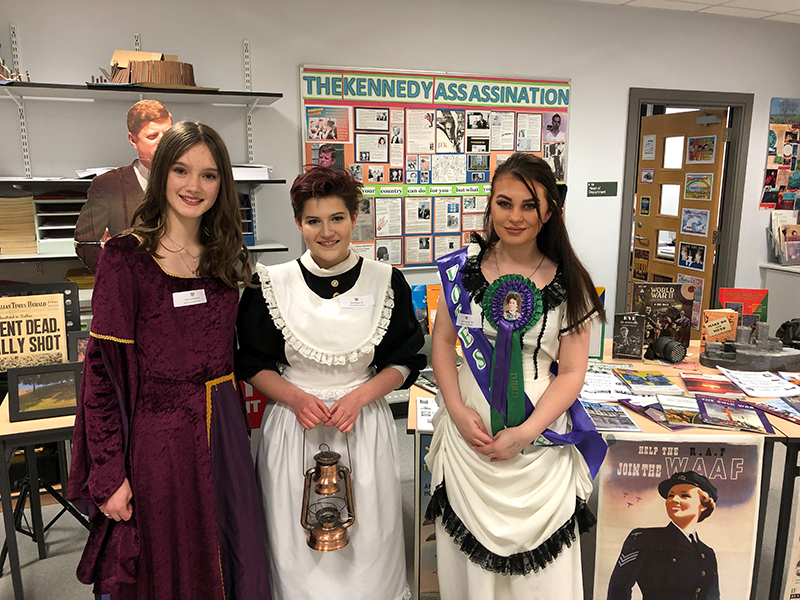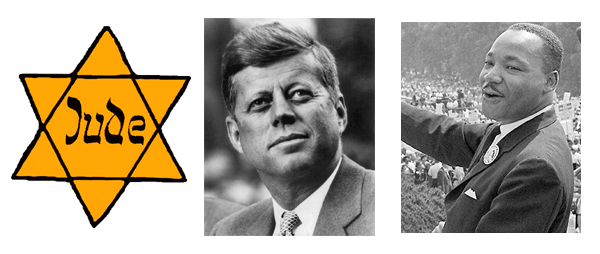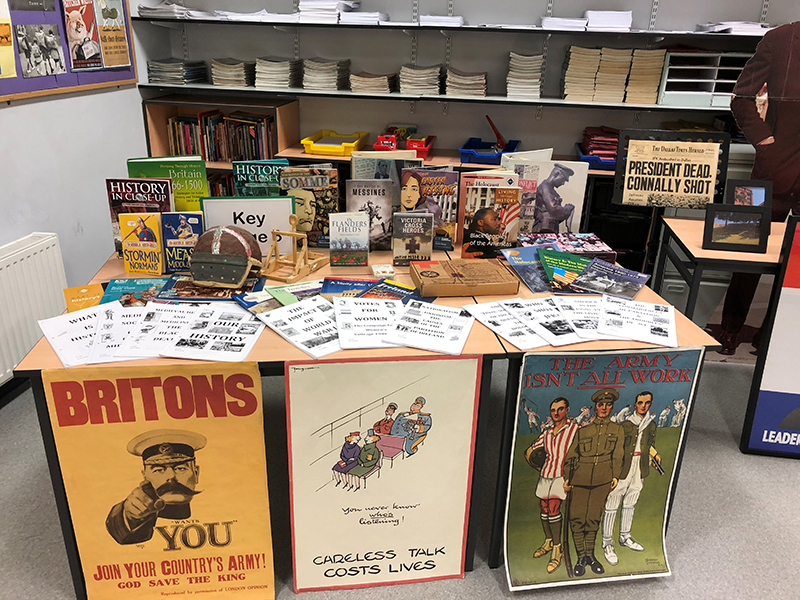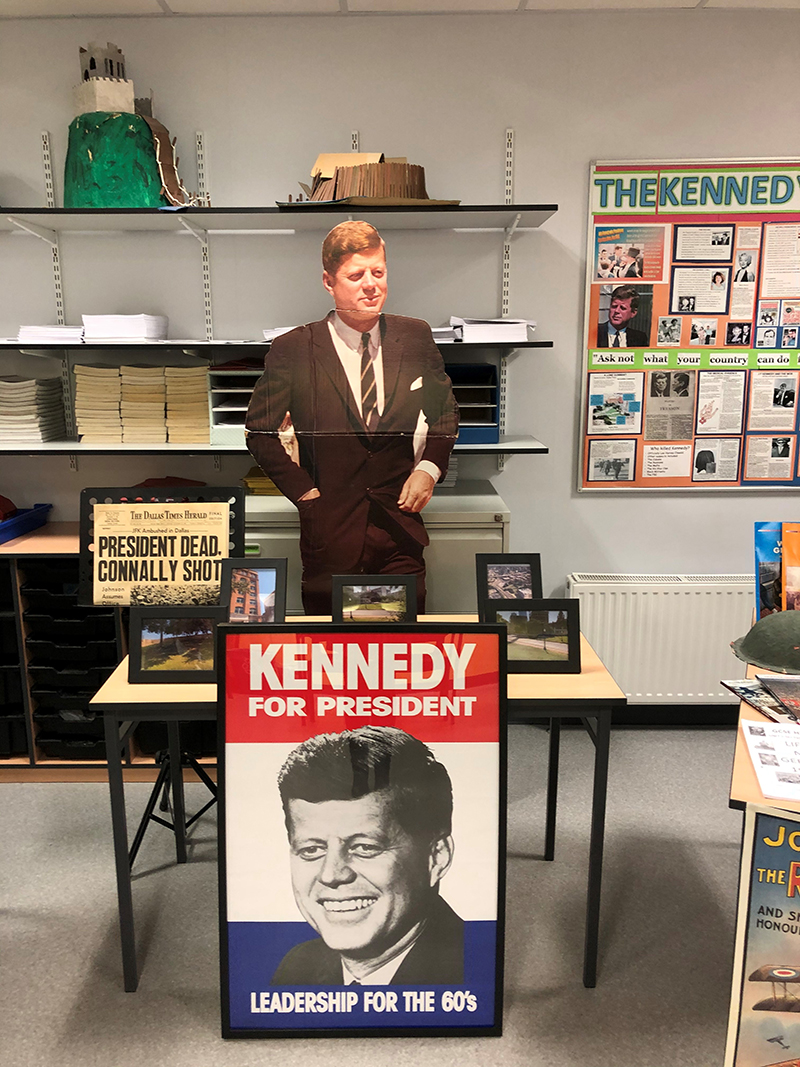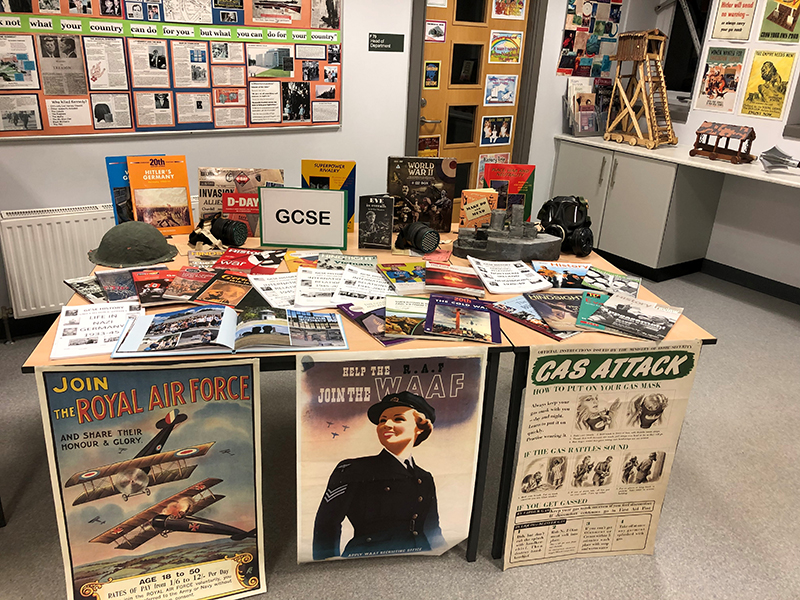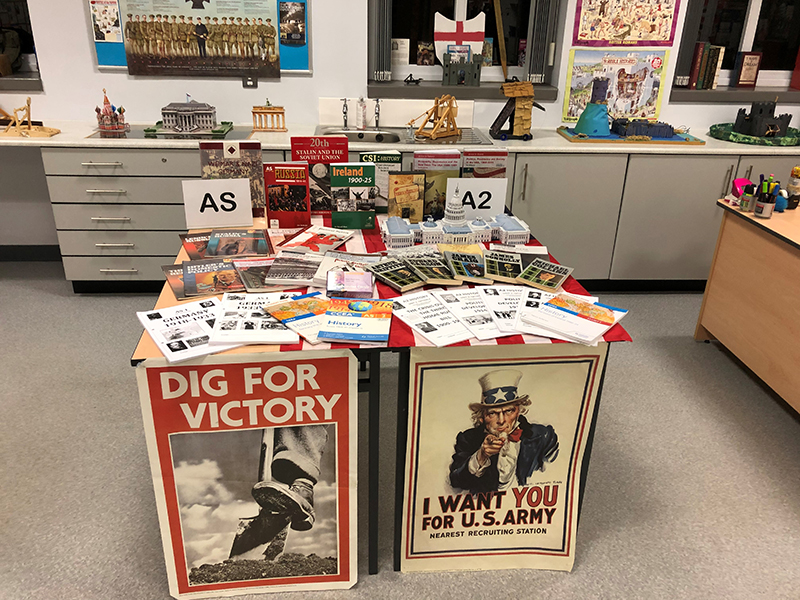History
Aims And Vision
History helps to explain the world we live in today. It defines the present, informs the future and develops important skills for life.
Magazine Article
Banbridge Academy Magazine 2021-2022: History Article
Banbridge Academy Magazine 2022-2023: History Article
OUR OVERALL AIMS ARE:
- To promote the enjoyment of history through stimulating, varied and accessible teaching;
- To develop a broad understanding of the significant events, individuals and moral and ethical issues which have shaped our world and society today;
- To help pupils understand where their own present values and attitudes come from and how the past has shaped their own personal identity;
- To promote the development of socially and morally responsible attitudes, tolerance and an understanding of the perspectives of others;
- To help equip pupils with the knowledge and skills to meet the challenges and opportunities of life in the 21st Century;
Key Stage 3
The KS3 programme delivers the full statutory requirements, key elements and curriculum objectives of the Northern Ireland Curriculum. Pupils in Year 8, Year 9 and Year 10 have three periods of History each week. Pupils in Year 8 also study a separate Citizenship unit during History for one period per week during the first term. In Year 10 pupils are introduced to some topics which are studied at GSCE via units on the Holocaust and the Assassination of JFK. Throughout KS3 pupils have opportunities to develop skills in source technique and extended writing in preparation for the demands of GSCE and to facilitate continuity and progression across and between each Key Stage.
Year 8
- WHAT IS HISTORY?
- LIFE IN MEDIEVAL TIMES
- THE BLACK DEATH
- OUR HISTORY
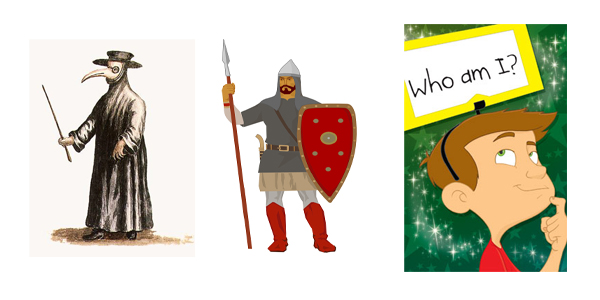
Year 9
- WORLD WAR I
- THE SUFFRAGETTES
- THE CAUSES OF PARTITION
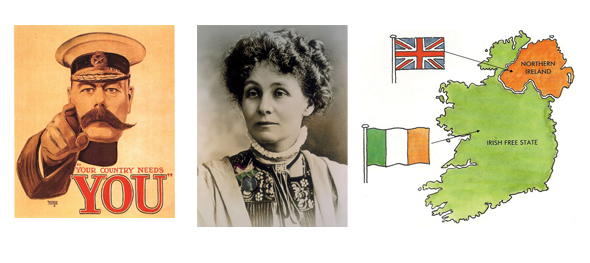
Year 10
- THE HOLOCAUST
- WHO SHOT JFK
- THE CONSEQUENCES OF PARTITION
- CIVIL RIGHTS USA
GCSE History
The CCEA GCSE specification builds on the areas of study at Key Stage 3 and offers opportunities to further develop skills and capabilities.
Students must complete:
- Unit 1 Section A: Modern World Studies in Depth;
- Unit 1 Section B: Local Study;
- Unit 2: Outline Study.
Options for Unit 1 include:
- Life in Nazi Germany, 1933–1945; and
- Changing Relations: Northern Ireland and its Neighbours 1965–1998;
The Outline Study focuses on International Relations in the period 1945–2003 and the significant events and developments associated with the Cold War and the new “war on terror” .
Further details on the History GCSE Specification can be found on the CCEA History Microsite (link to CCEA GCSE History First teaching from September 2017)
A Level History
The CCEA History GCE A Level specification helps to equip students with many of the skills needed in further and higher education and the workplace. It develops thinking and writing skills, teaching students to construct clear, logical, concise and convincing arguments. It develops the ability to undertake independent research and promotes analytical and problem-solving skills, as well as verbal and written communication skills. It builds on some of the knowledge, understanding and skills developed in GCSE History.
Students can take the AS course as a final qualification; or the AS units plus the A2 units for a full GCE A level qualification.
At AS level, students take two units:
- AS 1: Historical Investigations and Interpretations; and
- AS 2: Historical Conflict and Change
AS Options include:
- Germany 1919–1945; and
- Italy’s Quest for Great Power Status 1871-1943
Students who continue to A2 take two further units:
- A2 1: Change over Time; and
- A2 2: Historical Investigations and Interpretations
A2 Options include:
- The American Presidency 1901-2000
- Partition of Ireland 1900-1925
Further details on the History GCE A Level Specification can be found on the CCEA History Microsite (link to CCEA GCE History First teaching from Sept 2019)

